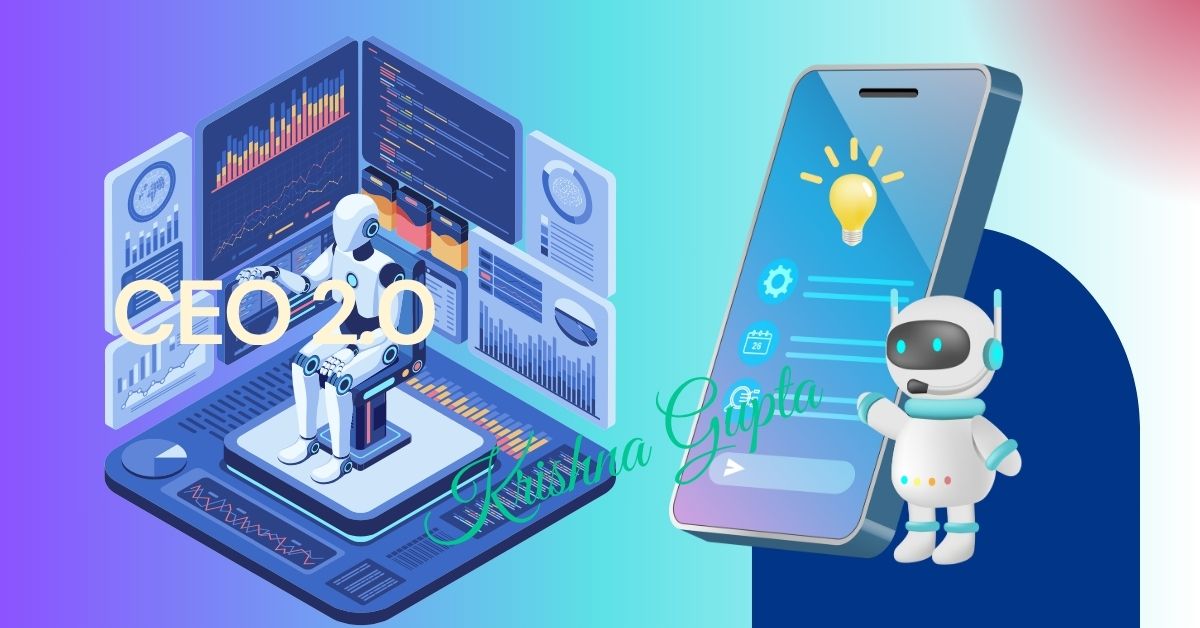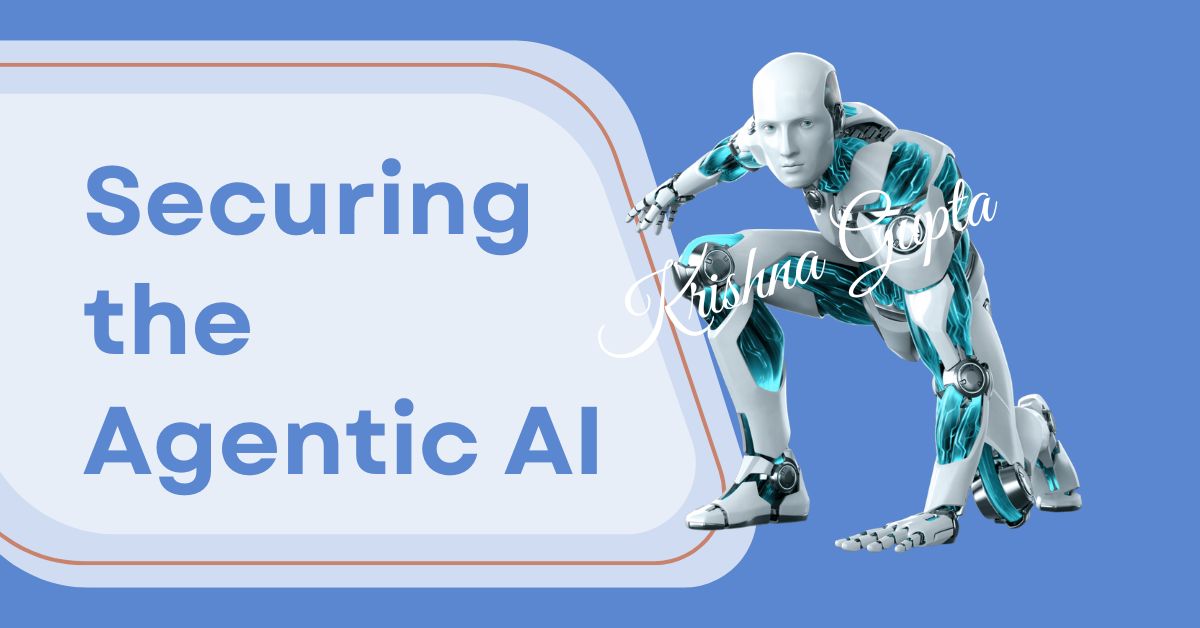The role of the Chief Executive Officer (CEO) has always been about vision, leadership, and decision-making. But as we transition into a world dominated by artificial intelligence, hyper-automation, and real-time data analytics, a new paradigm is emerging—CEO 2.0. At the heart of this transformation lie two cutting-edge innovations: Digital Twins and Agentic Retrieval-Augmented Generation (RAG) systems.
In this blog post, we explore how these technologies are revolutionising executive leadership, enabling CEOs to make faster, smarter, and more strategic decisions. We’ll dive into how Digital Twins of the enterprise and executive intelligence models built with Agentic RAG are becoming indispensable in boardrooms, strategy sessions, and risk assessment meetings.




